According to higher education experts, Resolution 71-NQ/TW (Resolution 71) of the Politburo has directed to separate autonomy from the pressure of "self-financing" of higher education institutions.
This is expected to unleash long-held potentials, especially in specific higher education sectors. This is considered an important step to promote a more balanced and substantial development of higher education.
Being independent does not mean being financially independent.
Over the years, the conflating of “autonomy” with “financial autonomy” has inadvertently created an unequal race between universities. In this race, majors with high investment costs and low commercialization potential such as basic sciences and health are often at a disadvantage.
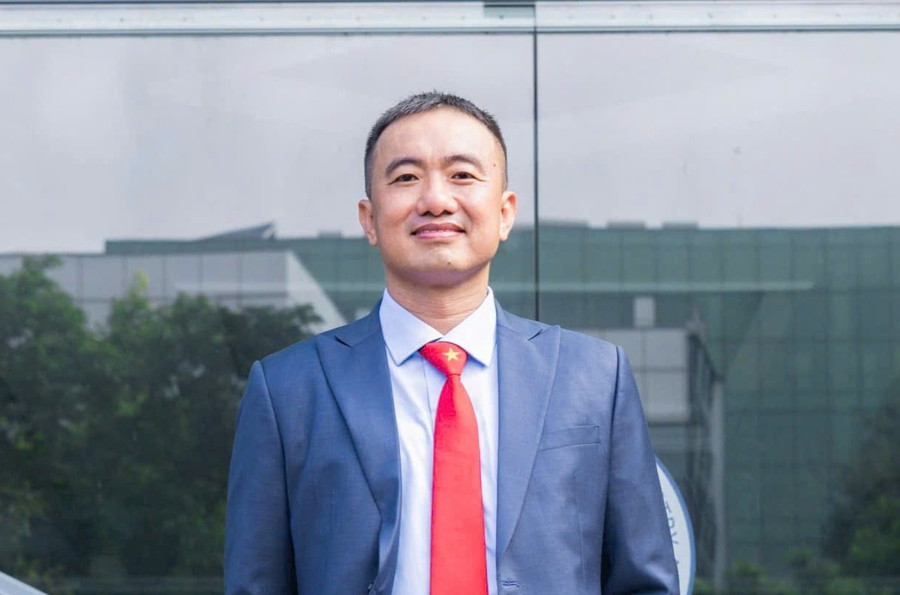
Master Pham Thai Son - Director of Admissions and Communications Center, Ho Chi Minh City University of Industry and Trade.
MSc. Pham Thai Son, Director of the Admissions and Communications Center, Ho Chi Minh City University of Industry and Trade, commented: "Basic science majors such as Mathematics, Physics, Chemistry, Biology... are truly 'victims' of this model. These are majors that are difficult to attract the majority of students, and after graduation, it is not certain that they will have a stable job. Meanwhile, the investment costs for laboratories and research are very large and the payback period is long."
The value of basic science is indirect and long-term, not creating products that can be sold immediately, but it is the core foundation for all technology, medicine, and engineering industries. The inevitable consequence is that many universities are forced to be cautious, cut back, or do not dare to invest heavily in these industries. That leads to a skewed development, where industries with the potential for commercialization are dominant, while basic science is gradually narrowed and lost.
According to Mr. Son, Resolution 71 was born, with the orientation of separating autonomy from financial pressure, which is expected to open up opportunities for universities to restructure their development strategies, invest properly in fundamental fields of study, thereby unleashing creativity and comprehensively improving the quality of university education.
MSc. Pham Thai Son compared Basic Science to the roots of a tree. "The roots do not immediately bear fruit, but if not nurtured, the tree of technology, engineering, and applied medicine will soon wither. Resolution 71 is the decision to 'water' the roots, so that the entire knowledge ecosystem can develop in a balanced way."
Sharing the same view, Associate Professor Dr. Do Van Dung - former Principal of Ho Chi Minh City University of Technical Education, said that the new policy in Resolution 71 is a breakthrough change, especially suitable for schools in the Health Sciences sector.
The characteristic of this industry is that training costs are extremely expensive (laboratory equipment, labs, clinical practice), while revenue is limited because there are few opportunities to cooperate with businesses like the economic - technological sector.
Dependence on the state budget makes these schools lack the necessary flexibility in recruiting good lecturers, opening new majors or investing in in-depth research.
The key point of Resolution 71 is to “untie” schools from this pressure. Schools can now be allocated budgets based on their mission, quality and performance, instead of having to balance their own income and expenditure.
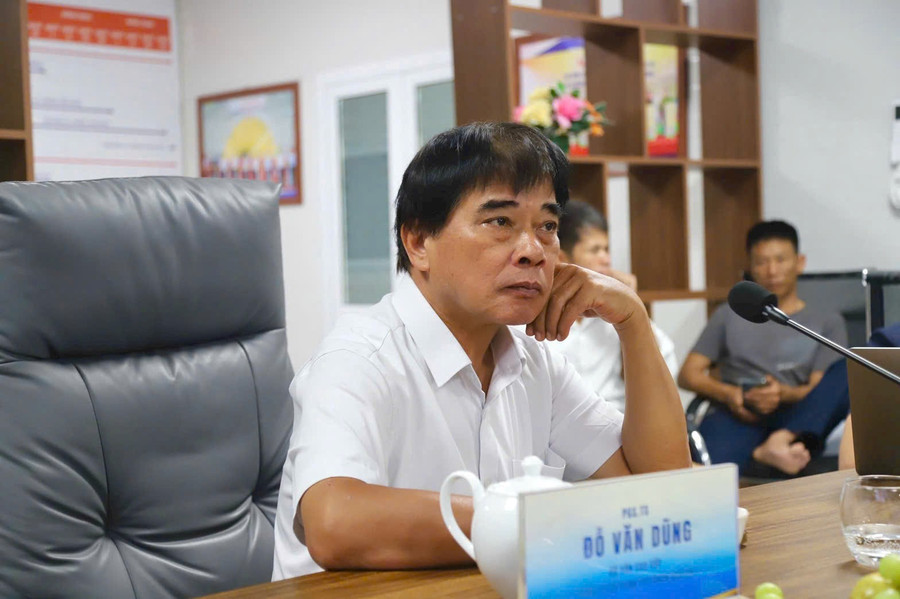
Associate Professor, Dr. Do Van Dung - former Principal of Ho Chi Minh City University of Technical Education.
Associate Professor Dr. Do Van Dung highly appreciated the changes from Resolution 71, because it will unleash the potential for high-quality research and training.
For example, the resolution sets a target of at least 35% of students majoring in basic sciences, engineering and technology by 2030, with at least 6,000 graduate students. This will help medical schools increase doctoral training, integrate clinical research with innovation such as vaccine and pharmaceutical development without worrying too much about funding.
The new policy will also promote balanced development. The Health Sciences sector is inherently public and serves the community, so not being dependent on finance will reduce inequality between schools, helping to train medical personnel for even remote areas.
Similarly, the Basic Science sector – the foundation for strategic sectors – will be supported to develop, helping Vietnam realize its aspiration to reach the world's top 100 in a number of fields.
However, Associate Professor Dr. Do Van Dung also noted a potential challenge: autonomy must be accompanied by a strict quality control mechanism from the governing ministries, especially in the health sector, which is directly related to human safety and life.
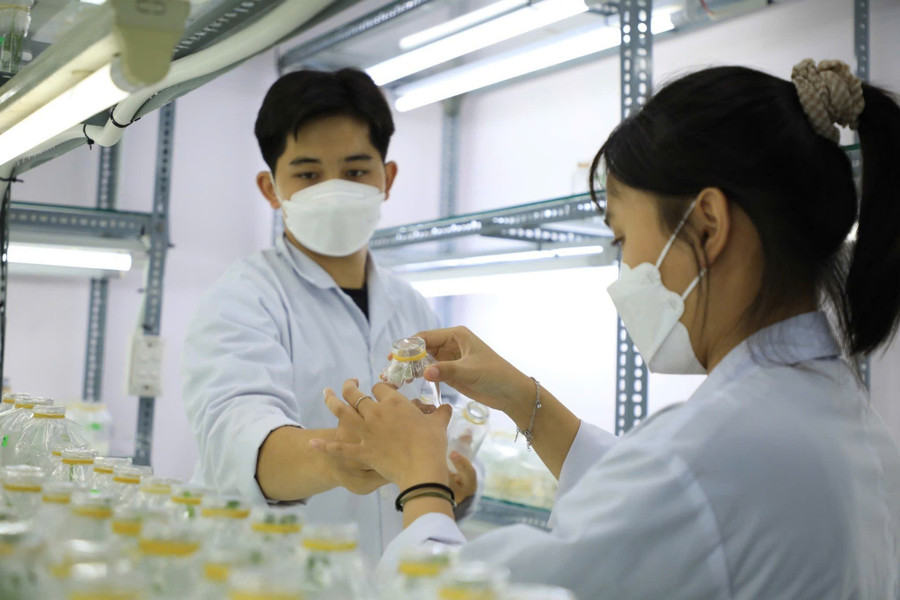
The problem of monitoring mechanism and criteria set
Granting full autonomy is a necessary step, but to prevent autonomy from being abused or misdirected, it must be tightly tied to accountability.
Associate Professor Dr. Do Van Dung and Master Pham Thai Son both emphasized that this is the core principle to ensure the success of the policy from Resolution 71.
Associate Professor, Dr. Do Van Dung further analyzed the governance mechanism according to the new spirit of Resolution 71, in which there is a notable change: "No school councils are organized in public educational institutions (except for public schools with international agreements)" and instead, the model of "party secretary concurrently being the head of the educational institution" is implemented.
According to Mr. Dung, this needs to be seen as a new accountability mechanism, concentrating power and responsibility on the leader to increase unity, decisiveness and reduce overlapping management layers.
At that time, the monitoring role will be more strongly transferred to state agencies and implemented through performance measurement indicators (KPIs) on training quality, scientific research and budget efficiency. For this mechanism to operate well, it is necessary to build a system of periodic reporting, independent auditing and a strict mechanism for handling violations.
Accountability is not just about the governing body. Accountability needs to be documented, not just about financial reporting, but also about training quality, research effectiveness, and social impact. University leaders must be accountable to society, learners, and employers. This is an important shift, putting universities in a position to truly serve and demonstrate their value to society as a whole.
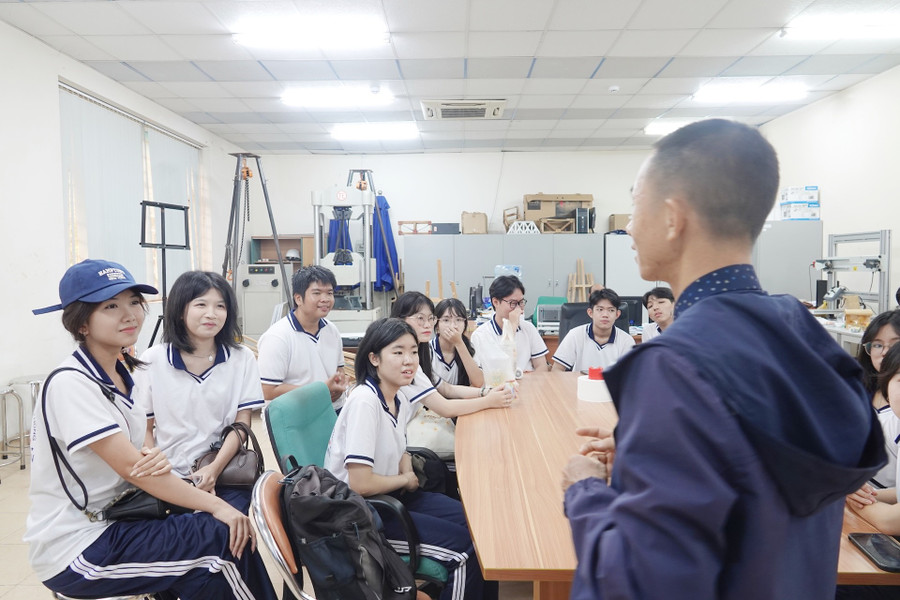
Mr. Do Van Dung commented that to realize accountability, it is “absolutely necessary” to develop a clear set of criteria. Without a common reference framework, autonomy is likely to lead to a situation of “everyone doing their own thing”, causing inequality or abuse of power. This set of criteria should include specific contents such as:
Academic quality criteria: Assessment of training capacity, output standards, employment rate of students after graduation, number of international scientific publications
Governance transparency criteria: Openness and transparency in budget use, staff recruitment, and disclosure of school operating information.
Social Contribution Criteria: Measures the impact of the school's research, technology transfer and community service activities.
“With a common and transparent framework of criteria, schools will have a clear roadmap to exercise their autonomy responsibly, ensuring development within a fair and sustainable order,” Mr. Dung emphasized.
Source: https://giaoducthoidai.vn/nghi-quyet-71-nqtw-tuoi-nuoc-cho-bo-re-dai-hoc-post747418.html



![[Photo] Politburo works with the Standing Committees of Vinh Long and Thai Nguyen Provincial Party Committees](https://vphoto.vietnam.vn/thumb/1200x675/vietnam/resource/IMAGE/2025/9/8/4f046c454726499e830b662497ea1893)


![[Photo] General Secretary To Lam chaired the Politburo's working session with the Standing Committees of Party Committees of Central Party agencies.](https://vphoto.vietnam.vn/thumb/1200x675/vietnam/resource/IMAGE/2025/9/9/8343386e1e8f43c6a3c0543da7744901)




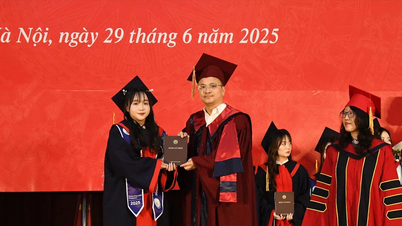
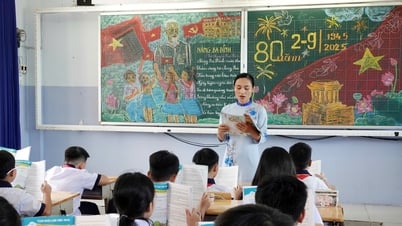

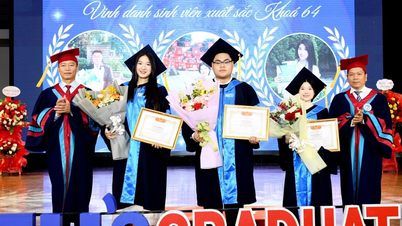





















![[Photo] Politburo works with the Standing Committees of Dong Thap and Quang Tri Provincial Party Committees](https://vphoto.vietnam.vn/thumb/1200x675/vietnam/resource/IMAGE/2025/9/8/3e1c690a190746faa2d4651ac6ddd01a)
![[Photo] Politburo works with the Standing Committees of Phu Tho and Dong Nai Provincial Party Committees](https://vphoto.vietnam.vn/thumb/1200x675/vietnam/resource/IMAGE/2025/9/8/f05d30279b1c495fb2d312cb16b518b0)





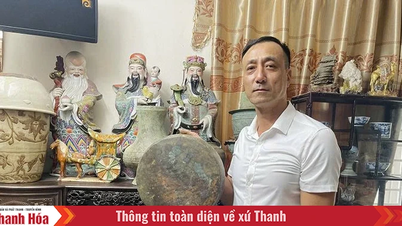



























































Comment (0)